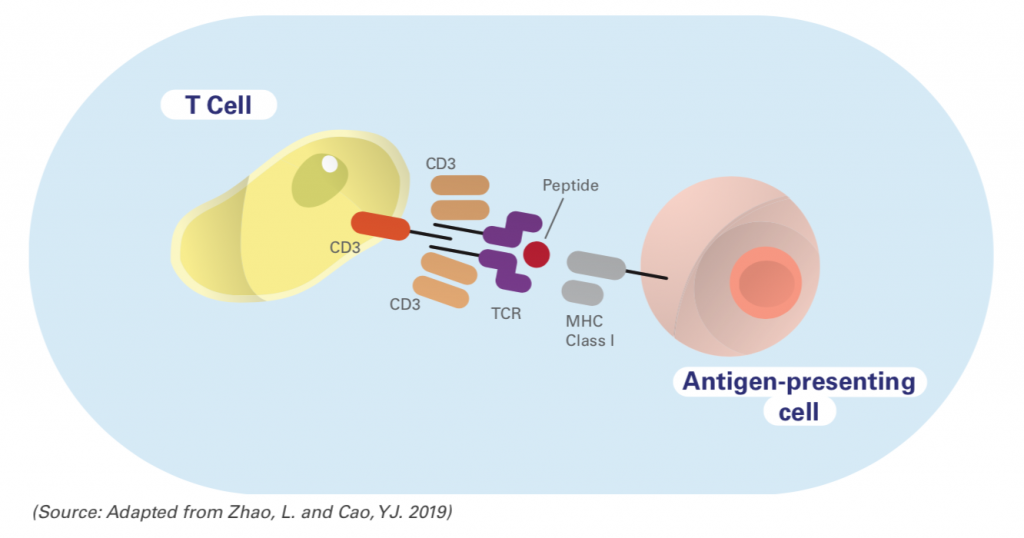Newsletter Signup - Under Article / In Page
"*" indicates required fields
Today, the global immunotherapy drugs market is valued at €139B ($163B) and is estimated to reach a staggering value of €149.3B ($174.6B) by 2025. Without a doubt, it is a flourishing field with new research emerging as you read.
Discover now how antibodies, T cells, and exosomes are changing the immunotherapy field!
While antibodies have been around for decades and are continuously modified to become more targeted, specific, and powerful, more recent immunotherapies like T cell therapies and exosomes are promising new approaches. In combination with antibodies and other established treatments, these approaches are revolutionizing the way we treat cancer and autoimmune diseases.
As the first immunotherapies on the market, antibodies make up the largest group of immunotherapies. In recent years, however, T cell therapies have gained momentum.

Approved in 2017 and 2018, respectively, the first chimeric antigen receptor (CAR)-T therapies made waves: Novartis’ Kymriah and Gilead’s Yescarta consist of engineering a patient’s own T-cells to express a highly specific mAb that can specifically recognize the patient’s tumor.
Another type of T cell therapy consists of genetically engineered T cell receptors (TCRs), which are naturally present on the surface of T cells. In T cell immunotherapy, the TCRs are modified to help T cells to recognize and bind to the tumor antigen, triggering the death of tumor cells. While there are no approved TCR therapies on the market today, quite a few are currently in clinical trials.
Exosomes are another promising approach to immunotherapy development. Currently studied for their potential as therapeutic delivery systems and diagnostic tools, exosomes are a type of extracellular vesicle containing proteins, DNA, and RNA. Several studies have shown that exosomes may play a role in the pathogenesis of different diseases, such as cancer and inflammatory and neurological disorders.
Together with Takara Bio, we have created this report, which will guide you through the maze of trending immunotherapies for cancer and autoimmune diseases. Discover now how antibodies, T cells, exosomes, and combination therapies are changing the immunotherapy field!
I WANT THE FULL REPORT
Oncology R&D trends and breakthrough innovations







